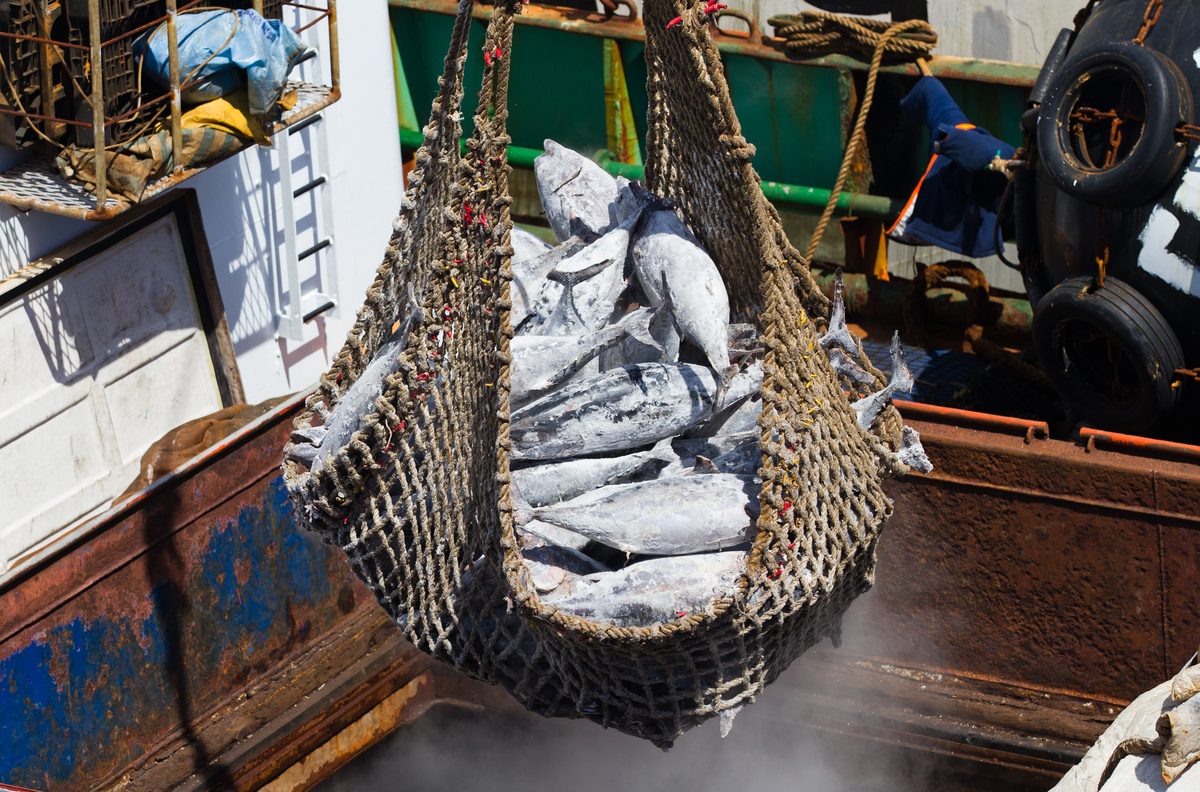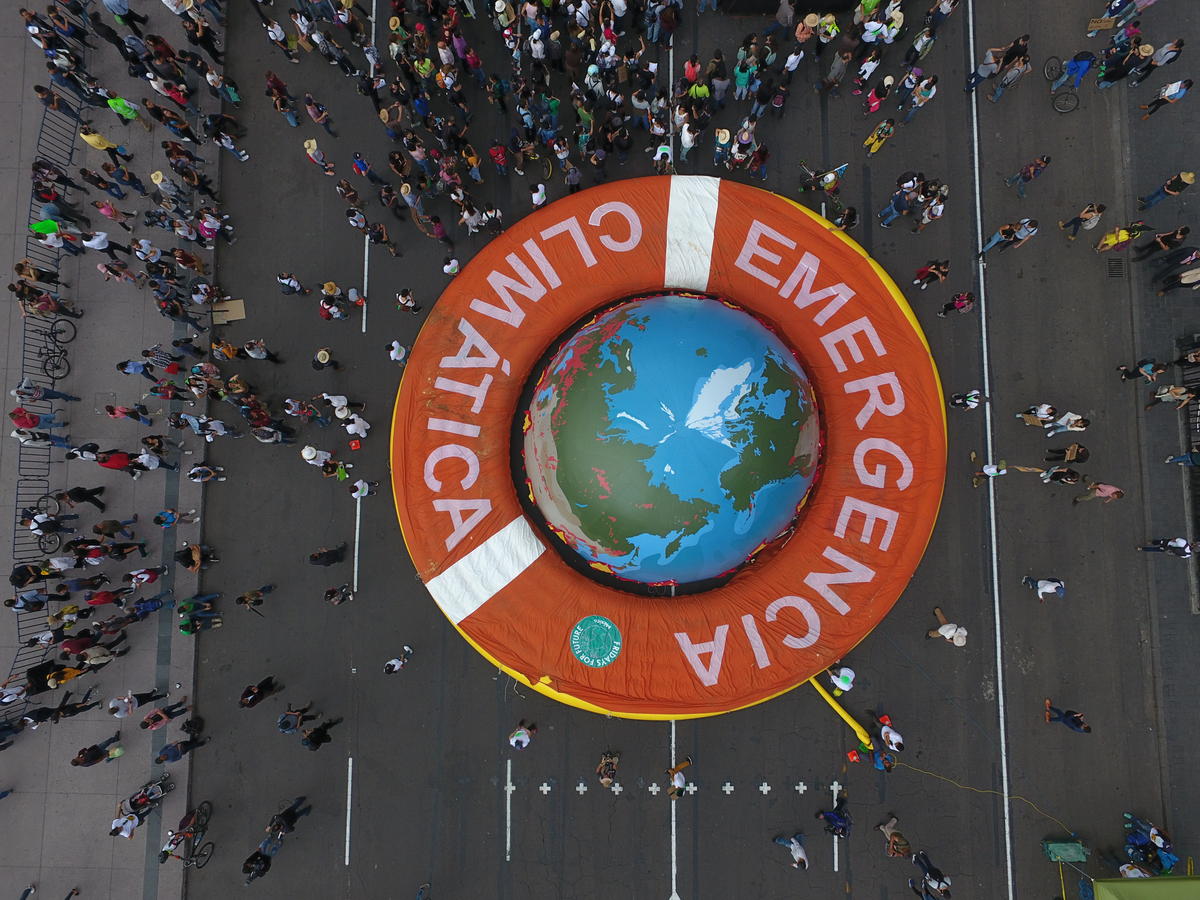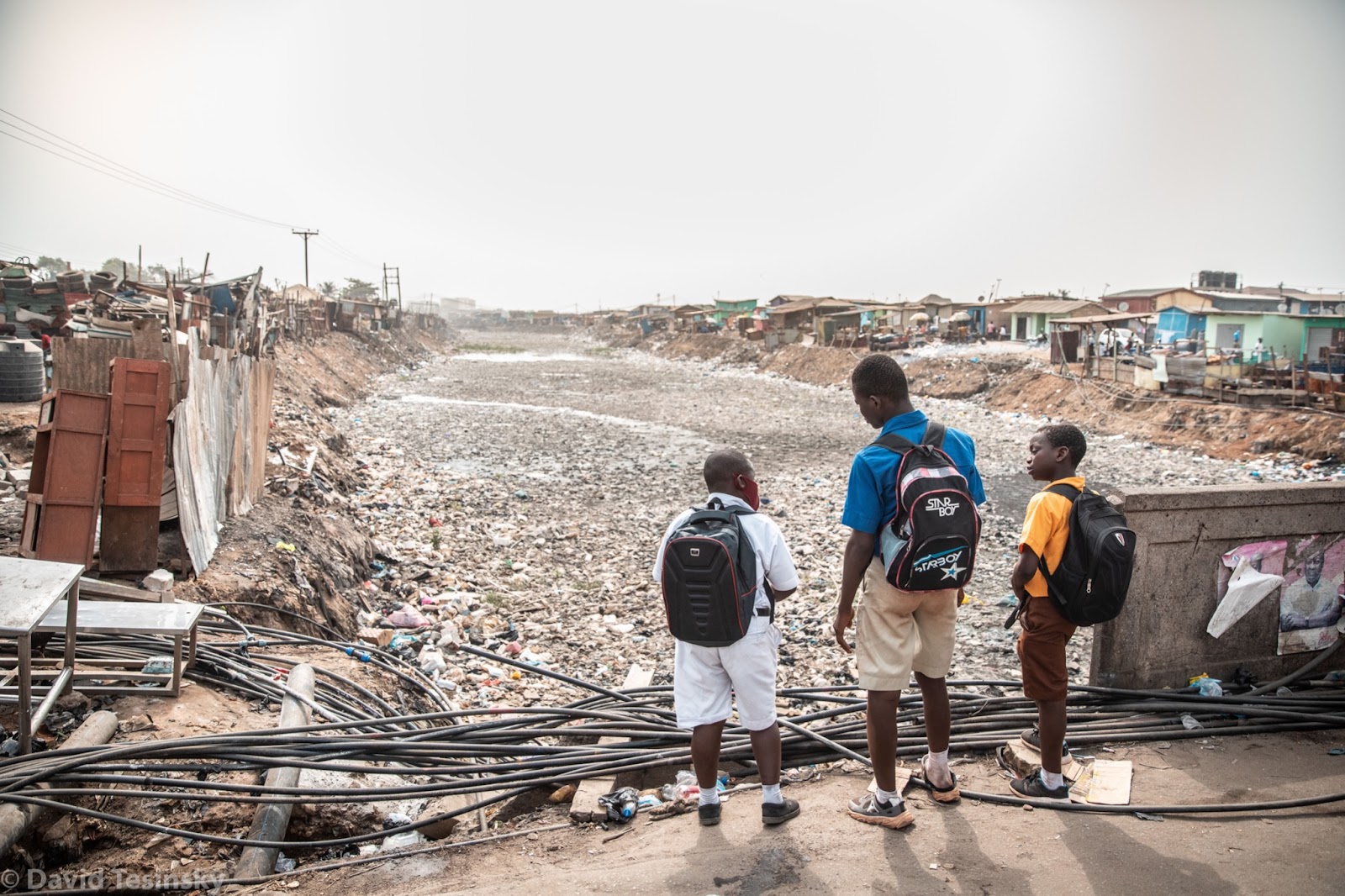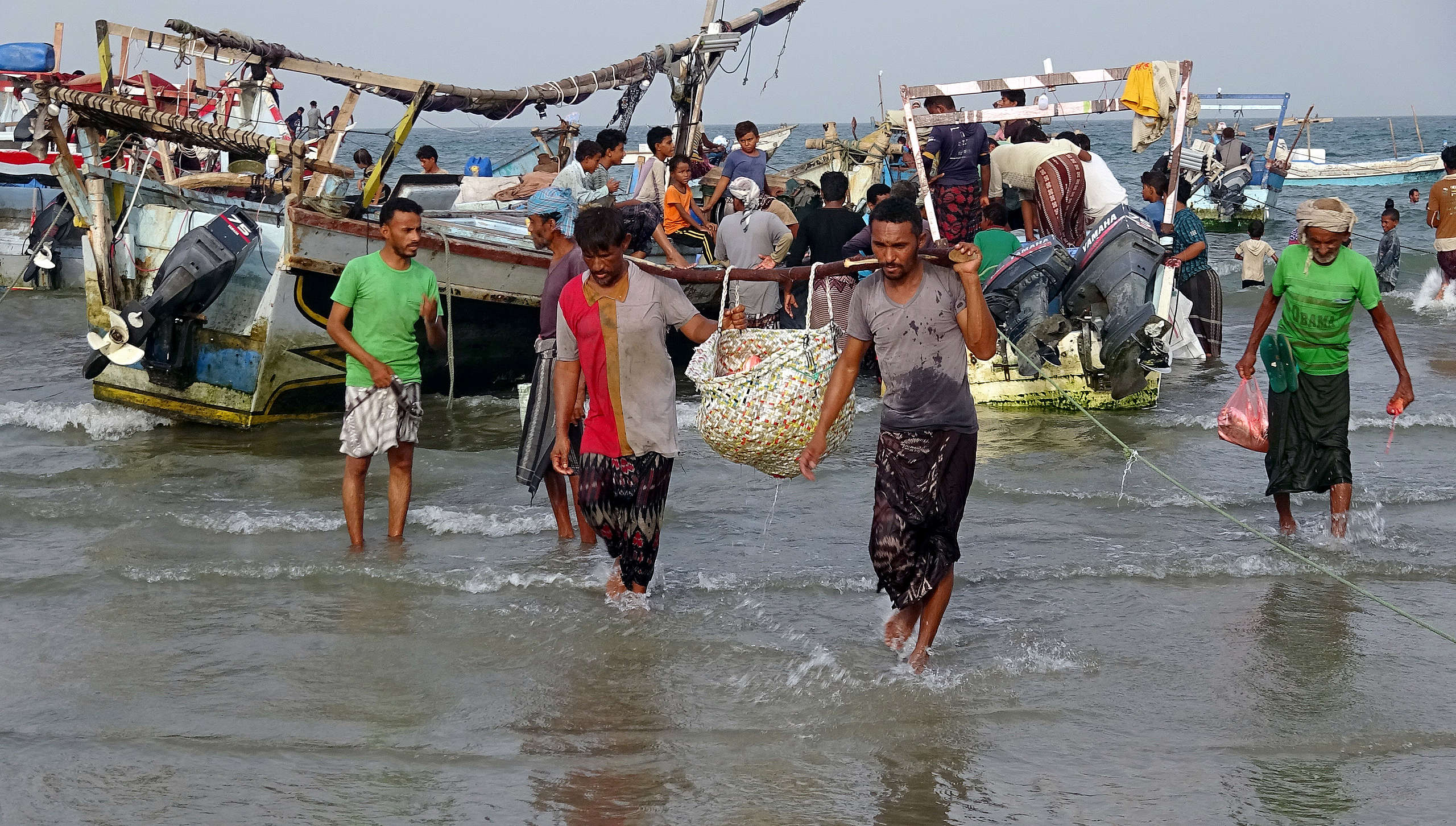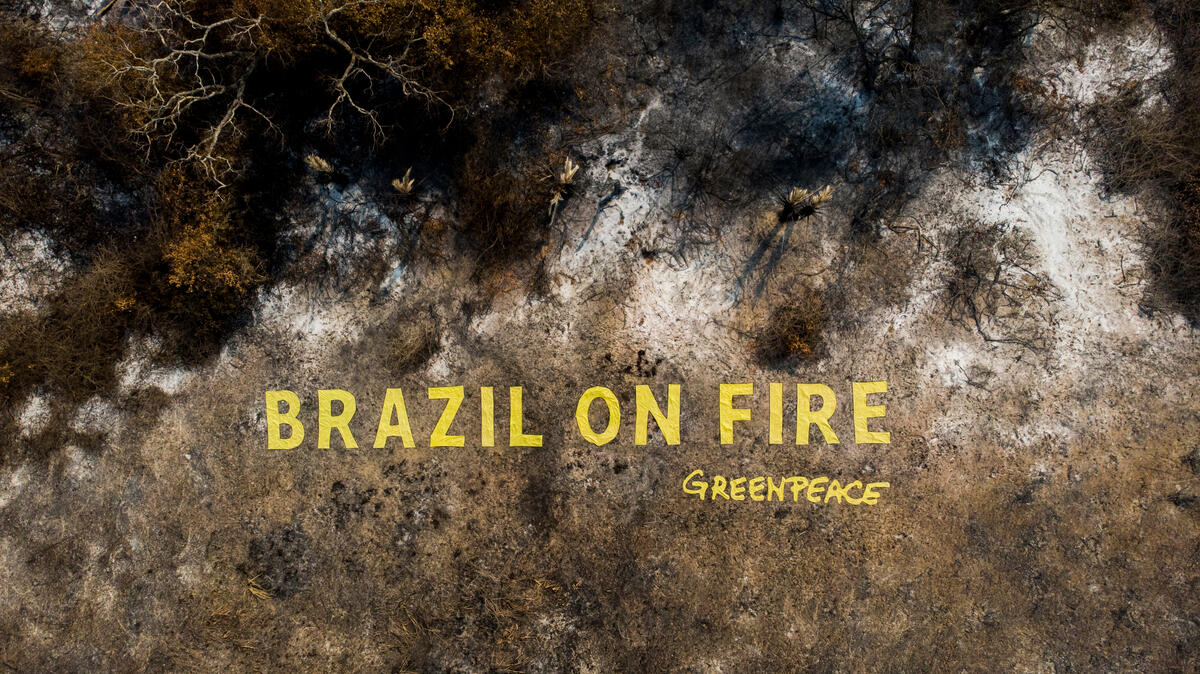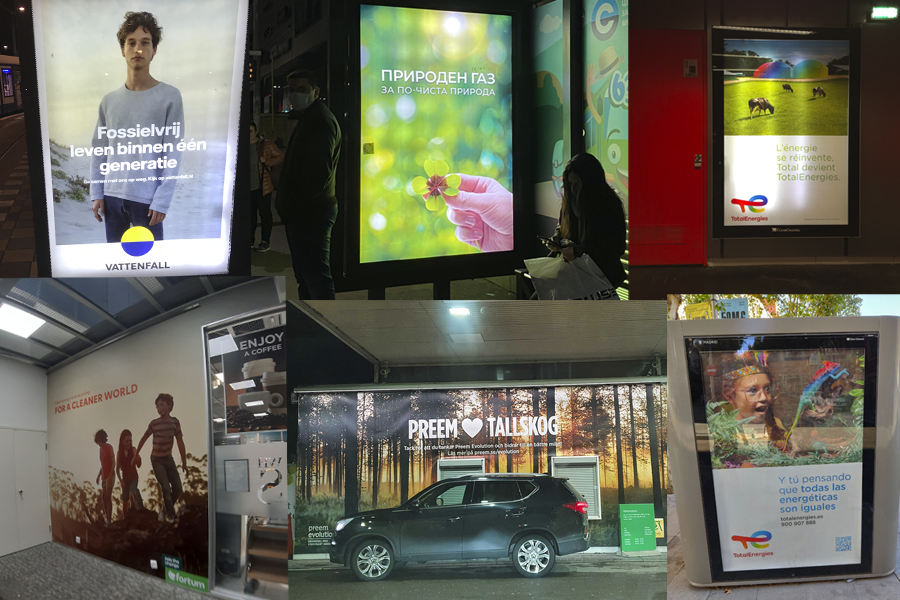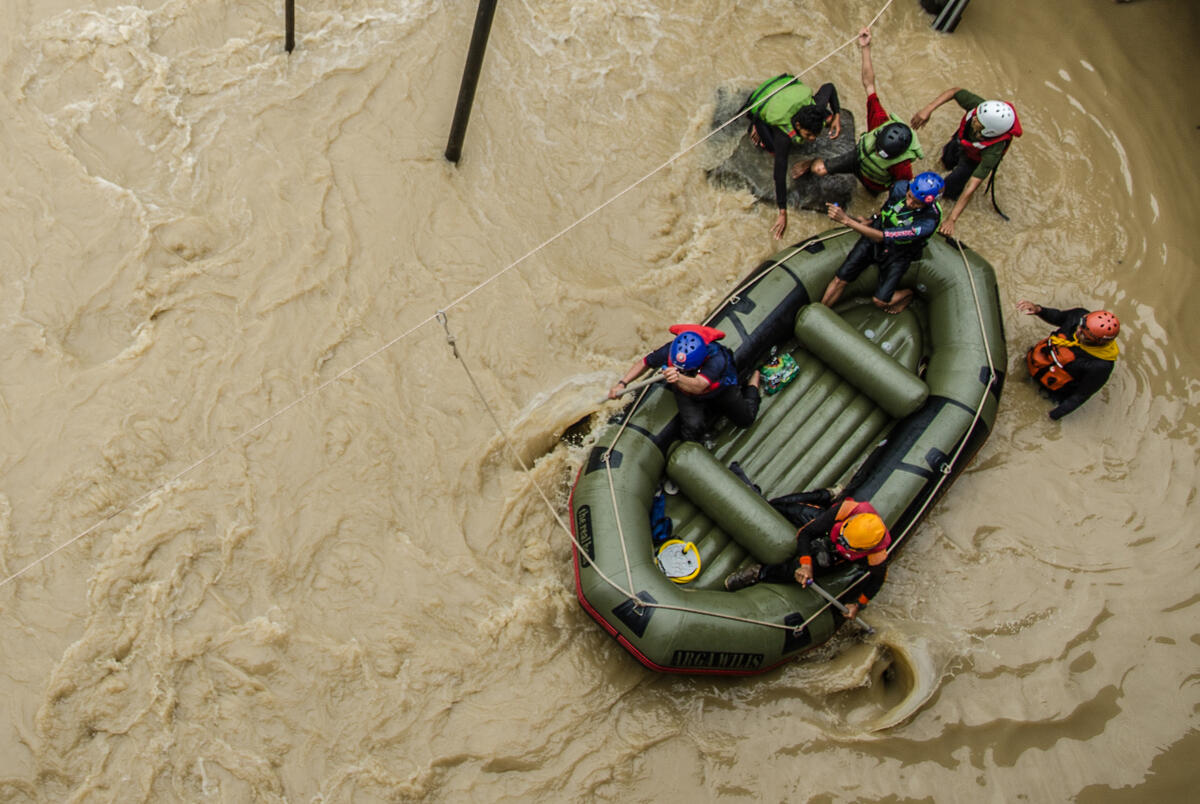News & Stories
Filtered results
-
Greenpeace International Executive Director steps down to become German Government Climate Envoy
Jennifer Morgan relinquished all duties on 10 February. Norma Torres, formerly Greenpeace International’s Chief Operating Officer, has been appointed as interim Executive Director.
-
Rainbows, happy cows and climate killing fossil fuels
In order to keep profiting from environmental destruction, the fossil fuel industry needs us to believe in their good will. Let’s keep documenting and exposing their misleading claims.
-
New IPCC climate report to add pressure for action and justice
The IPCC releases the next part of their 6th Assessment Report next month, summarising the latest scientific understanding on impacts, adaptation and vulnerability, and action needed to build resilience.
-
“It’s like looking through a window” – giant portal to the Antarctic appears in London
A towering portal has appeared in London’s iconic Trafalgar Square bringing the Antarctic to the heart of a major city in real time.

